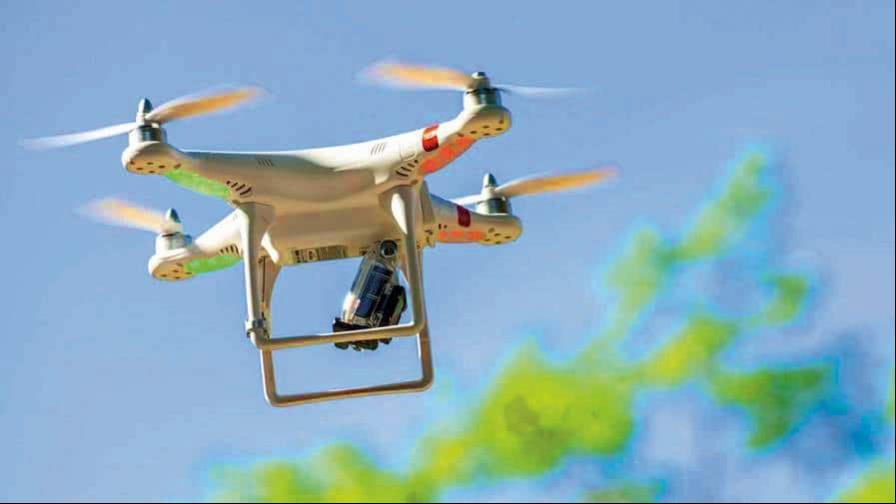
President Abinader issued a decree instructing the Dominican Civil Aviation Institute (IDAC) to update the Dominican Civil Aviation Law. The bill mainly focuses on the operation of drones that were not in existence when the 2006 aviation law was passed. The infractions could lead to up to three million pesos in fines.
The Presidency submitted a bill to the Senate with Amendments in the Civil Aviation Law 491-06. The draft law includes changes in order to regulate the use of drones in the Dominican Republic. The bill also includes new consequences for those who commit errors in air operations.
The bill would require that drone operators be licensed. At present, drones fall under the Dominican Institute of Civil Aviation (IDAC).
The bill calls for million-peso fines and even the cancellation of the permit to fly for operating a craft with vision that is not aided by another device, operating a drone over a person, driving it more than 100 miles per hour and not giving way to other aircraft.
Fines would range from RD$25,000 to RD$500,000 for minor infractions such as not reporting in writing an emergency in mid-flight or not ensuring that there is power enough to keep the drone in flight.
Fines of up to one million pesos are contemplated if the drone obstructs or diverts the objective of any inspection or investigation. The million-peso fine could be levied on those who do not comply with the airworthiness maintenance requirement declared mandatory by the equipment manufacturer.
Other serious faults are the manipulation of the remote-controlled drone by two people at the same time, starting a flight without previously designating a pilot, failing to ensure that the drone does not pose a danger to other people or nearby aircraft, operating a drone from a moving vehicle or operating it at night without prior permission from IDAC.
The bill calls for a fine of up to three million pesos if at least 23 irregularities contained in the project are committed and which include driving a drone in a prohibited area, presenting a false or fraudulent registration to demonstrate compliance with the requirements, falsification of the drone card, not having a license or certificate that qualifies the operator as a pilot and controlling the drone without the direct supervision of a remote control pilot.
Read more in Spanish:
Diario Libre
Diario Libre
15 April 2024

